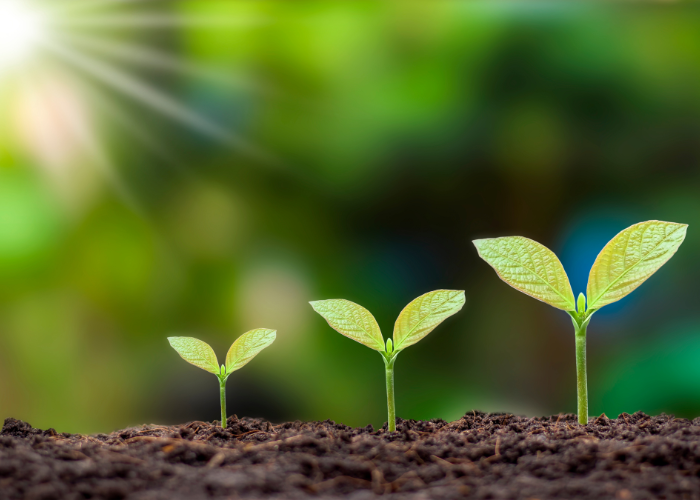Preserving Our Natural Resources: The Global battle against Deforestation and PollutionBY ALVARO CORONA
- 28 July 2023
- Posted by: Competere
- Categories: highlights, News, SUSTAINABLE NUTRITION

Happy World Nature Conservation Day! On this day, humans globally recognize the importance of a healthy environment through the conservation of our natural resources. Natural resources have become such a fundamental role in our society, yet we fail to properly preserve the world around us. We would like to take today as an opportunity to spread awareness on the importance of conserving our world.
DEFORESTATION
Global forest loss has been something that we have been fighting for many years, yet it still feels like we are nowhere close to ending deforestation. According to a 2022 report by the World Resource Institute (WRI), the loss of primary tropical forests amounted to 4.1 million hectares. This is equivalent to losing forests roughly the size of 11 football fields every minute. This forest loss can be attributed to many things including, road construction, slash and burn techniques, logging, cattle ranching, and negligent plantations. A direct result of deforestation is the increase of carbon dioxide in our atmosphere which results in global warming as well as soil erosion. Deforestation may also cause a loss in biodiversity as it can drive species to extinction as their natural habitat is destroyed. While some deforestation is irreversible, conservation efforts are being made worldwide to bring back forests. There are also regulations and laws in place to limit further deforestation such as the EUDR. The EUDR requires certain commodities to implement a due diligence process to ensure that the products are “deforestation-free” before they are imported to the EU. Although the EUDR has yet to be implemented, the palm oil sector has shown a major improvement in mitigating forest loss. In the coming years we hope to see the positive effects of the regulation as it has just been approved and we can expect adoption in the next 18 months.
POLLUTION
Conservation should not be limited to forests as pollution is in our air and seas. The global demand for coal leads to immense carbon dioxide emissions that have proven to be deteriorative to our environment. The increase in greenhouse gasses plays a significant impact on marine biodiversity loss. According to the UN, we have reached a 1.1°C rise in ocean temperature which has led to roughly 60% of global marine ecosystems to be degraded. The UN warns that with further increase in temperature we risk irreversible damages to marine life. Not only does climate and oxygen depletion play a role but so does the plastic waste that ends up in our oceans. Our oceans are so filled with plastic waste that the ocean gyres are saturated with plastic waste and debris. Emily Penn from the UN explains that the true problem are the trillions of microplastics littered throughout our oceans. There is no clear way to solve this, but one thing is clear, we must stop plastics from reaching our oceans.
CALL TO ACTION
The EU has recently passed the Nature Restoration Law that has faced immense criticism since it was proposed in 2022. The regulation aims to restore damaged ecosystems with implementation in a minimum of 20% of the EU’s land and sea territory by 2030. The law is unrealistic, threatens food production, and does not describe who will be financially responsible for the implementation of the targets. Despite the major flaws of the regulation, it is a step towards the long-term recovery of degraded ecosystems in the EU. We would like to remind all that it is a global responsibility to conserve the world we live in. Making mindful choices like purchasing products that do not contribute to deforestation, shorter showers, and sharing knowledge about pollution allows each of us to make a meaningful impact. We challenge you to evaluate your environmental footprint in your day-to-day activities and actively work towards minimising your impact.
.
>> Read Progress and Promise: palm oil sector as a zero-deforestation role model <<
